How much can you stand? One of the most frequently asked questions that we get from our readers and students is “What are the dealbreakers in relationships?”
“Dealbreakers” are those behaviors or conditions that one partner is unable or unwilling to tolerate in a relationship. Because “tolerance” is a relative term and subject to everyone’s unique capacity to accept varying degrees of distress or discomfort, there is no generic, one-size-fits-all answer to this question.
Because of this, there is no higher authority that we can defer to that legitimatizes our right to refuse to tolerate a specific practice or behavior on the part of our partner, or to sanction our right to continue behaviors that are unacceptable to him or her.
While one person may be willing or able to tolerate occasional affairs on the part of her husband, another may be unwilling to stay together with a single betrayal. The same goes for physical or verbal abuse, or addiction, or chronic dishonesty, or different religious beliefs, or any of a number of other conditions that may be present in a relationship.
This is not to say that either person is right or wrong in their behavior or in their degree of willingness to tolerate that behavior in another. It is also not to say that we shouldn’t make an effort to work out the inevitably different values that all couples have in regard to their beliefs, attitudes, and behaviors.
What can and often does push a situation from the workable zone to the unworkable zone is an unwillingness on the part of either partner to openly discuss her thoughts, feelings, concerns, experience, and needs. A willingness on the part of the “offending” partner to consider altering his beliefs or behaviors is required in order to create a deeper level of trust and respect in the relationship.
Related: 15 Green Flags In A Relationship That Proves Your Partner Is “The One”
If there is no motivation on the part of an alcoholic to modify his drinking habits, no desire on the part of an abuser to get help in altering his behavior, no willingness on the part of a parent to discuss her child-rearing philosophies openly and respectfully with his spouse, the chances of that situation being or becoming a dealbreaker are greatly increased.
In most cases, the possibility of resolution has less to do with behavior than the perception on the part of one or both partners that there are legitimate grounds to trust that there is a genuine intention to change or effectively manage the behavior or attitude that is causing distress in the relationship.
It is also important that the other partner is open to reflecting on ways in which she may be unknowingly contributing to the situation or to discovering ways in which she can be more effective in dealing with her concerns.
Yet even in cases where there is a willingness on the part of both partners to do their own work that may not necessarily be sufficient. It may not be enough to interrupt the pattern enough to bring about an outcome that restores equilibrium and mutual trust in the relationship.
The longer an unacceptable condition is allowed to continue in a relationship, the more likely it is to become toxic.
A toxic relationship is one in which the level of trust, respect, and goodwill has deteriorated to the point where even the desire and motivation to heal the partnership has been lost by one or both people. At this point, the likelihood of restoring this desire is very low and the prognosis for the relationship is poor.
There are serious risks that couples take in trying for too long to tolerate circumstances that are causing extreme suffering for one or both partners.
Living in hope or denial or distracting ourselves through unhealthy behaviors or relationships, only serves to cause greater suffering in situations that are inherently intolerable. While facing the truth can be difficult and painful, in the long run, it is the most direct path out of our suffering.
Want to know more about dealbreakers in relationships? Check this video out below!
With very few exceptions, most situations don’t begin as dealbreakers, they become dealbreakers when they are ignored or inadequately addressed over a long period of time. Not infrequently misguided efforts that one partner makes attempting to tolerate their pain and frustration, add to the entrenched nature of the problem.
While there is no way (nor is it necessary) to assess what percentage of the problem is due to each person, it is generally the case that there is more that both partners have perceptual filters that prevent them from seeing the full range of options available to them. This is where help from a trusted friend or professional can illuminate possibilities that may previously have gone unrecognized.
The earlier on we acknowledge and respond to entrenched relationship differences, the more likely it is that they will not deteriorate to the point of becoming dealbreakers. Still, sometimes despite our best efforts, we can be faced with true dealbreakers.
In cases where it is clear that fundamental differences are too great to bridge the gap between us, then it is wise to acknowledge this reality and if possible to respectfully end the relationship in its present form, and move on, separately or in a different form of relationship.
Related: 9 Hidden Relationship Deal Breakers
Commitment doesn’t necessarily mean that we stay together forever, no matter what, but that we stay engaged in the process of honoring, respecting, and loving another as best we can, and in the process becoming a more loving and lovable person ourselves.
Sometimes the best way that we can express our love is by refusing to tolerate something in another that is causing harm or doing damage to herself, to ourselves, or to others. Sometimes the best thing that we can do is to try to become more accepting of them or their behavior.
There is no generic answer to the question of which is right for me now, in this situation, in this relationship.
But staying present and deeply connected to ourselves rather than focusing on our partner, can sometimes be the best way to find the answer to what may be the most important question of the moment. “What is my next step?”
We’re giving away 3 e-books absolutely free of charge. The Ten Biggest Things We’ve Learned Since We Got Married, Your Guide to Great Sex, and An End to Arguing.
To receive them just click here:
https://app.robly.com/subscribe?a=2ec85ee30b32f83a0cf2b18b108f3a0d
Written by Linda and Charlie Bloom Originally appeared in Bloomwork.com

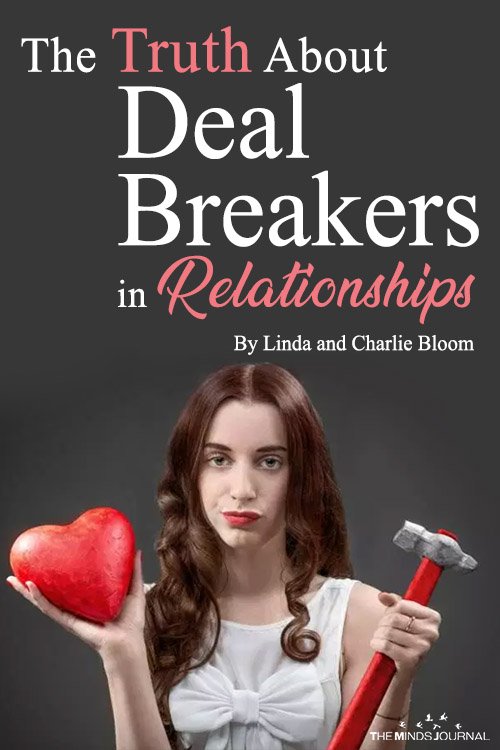


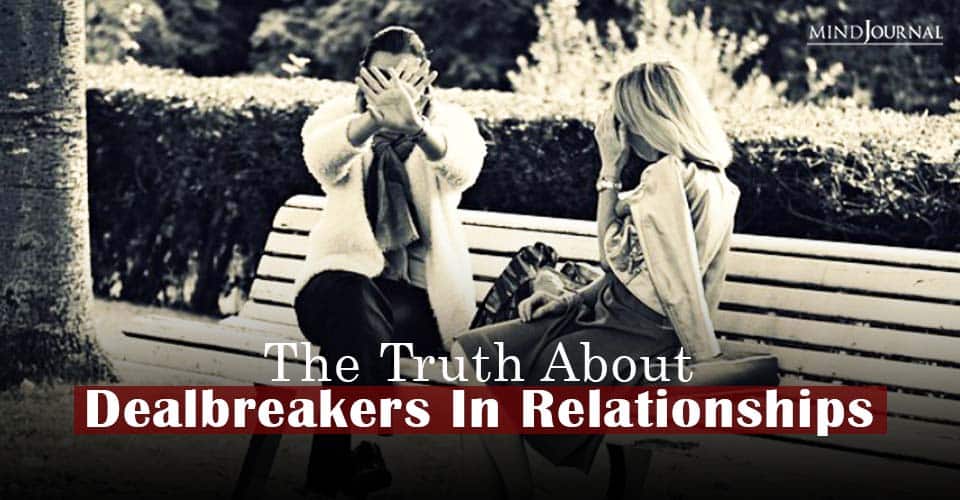

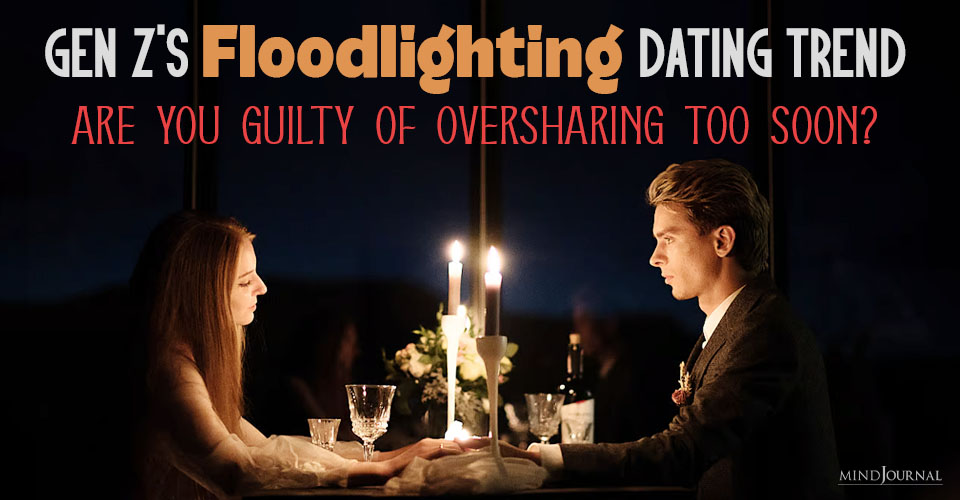
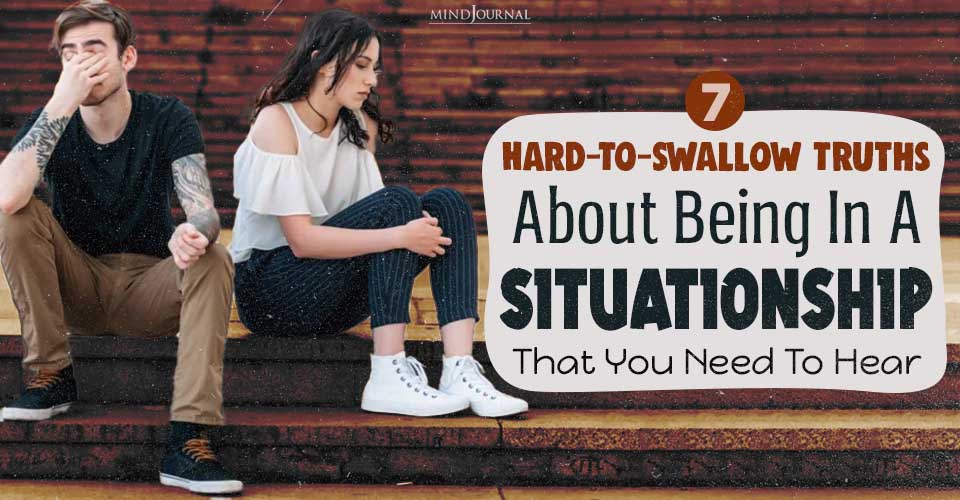

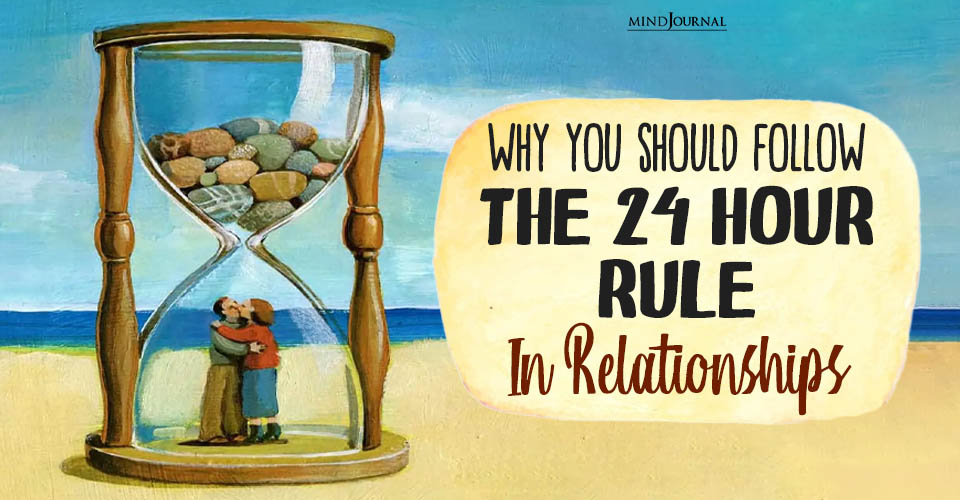
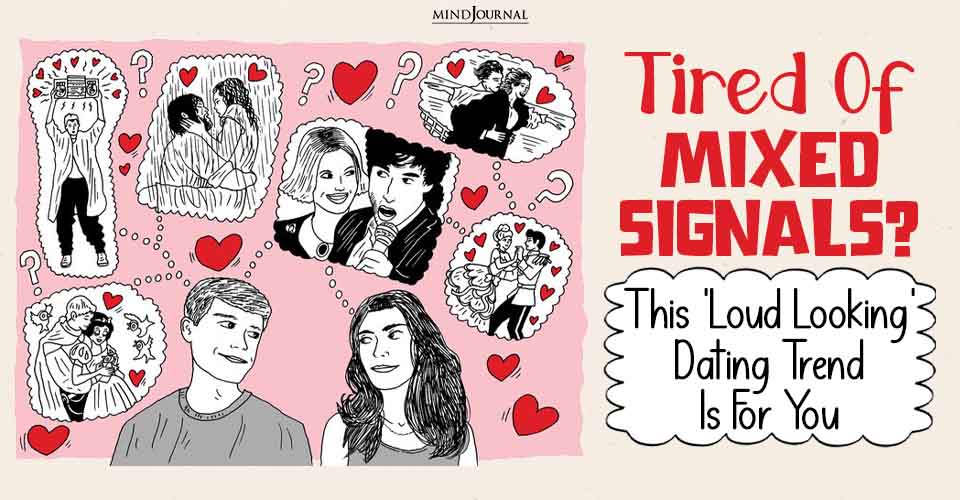

Leave a Reply